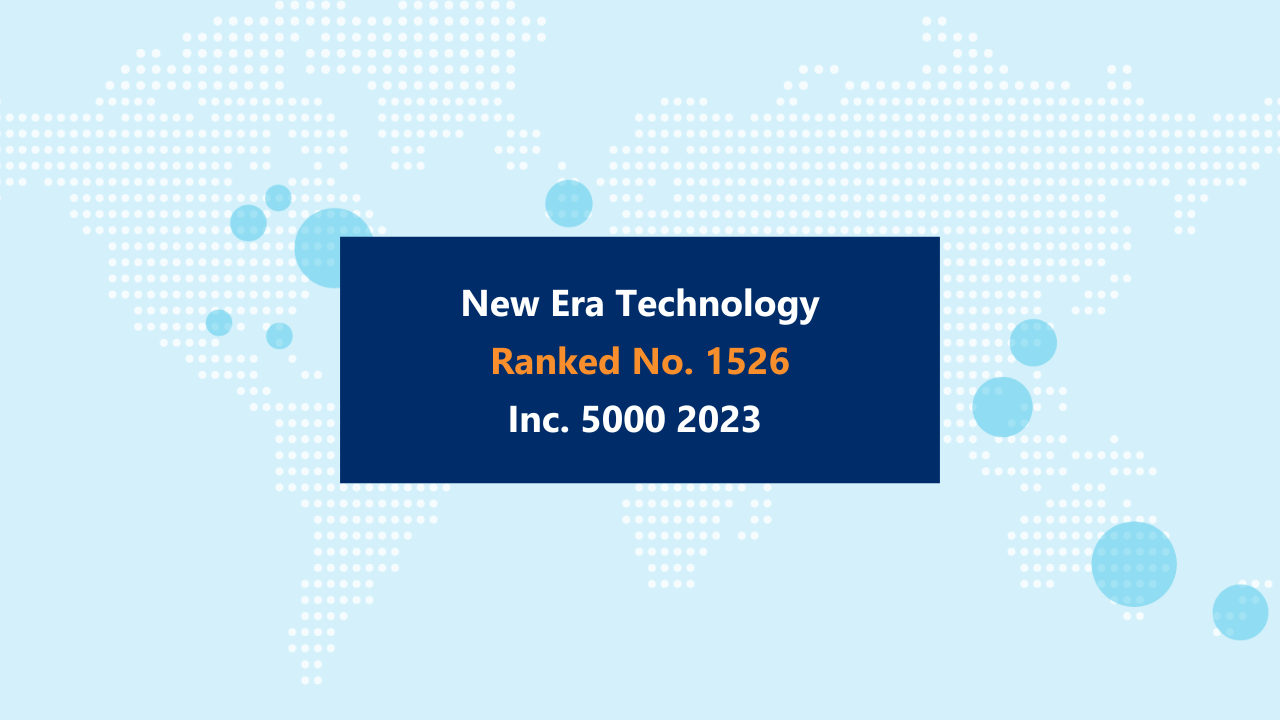1. Monitoring Construction and Development with the IoT
Large-scale construction projects are difficult to manage, but by placing sensors on vehicles and supplies this allows automatic real-time data to be fed to the desired platform. These sensors can be used for monitoring and predicting maintenance needs throughout a project’s lifetime.
IoT sensors on equipment can track and analyze excessive vibrations, temperature fluctuations, and other potential maintenance indicators in real-time. Equipping construction vehicles with IoT sensors gives project management teams the necessary tools to scrutinize even the largest construction or development projects.
2. Reduce Costs
Project managers know the importance of staying on budget. IoT devices can help with tracking and monitoring spending, as well as reduce material waste from a project. Tracking the individual construction vehicle usage via IoT sensors can help create more accurate bids and eliminate unnecessary spending on underutilized equipment.
Another way the IoT is saving project managers money, is by reducing material construction waste from projects. The use of prefabricated building components saves a project more capital as well as reduces unnecessary waste. Before the IoT, using prefabricated components on larger projects was difficult. However, the IoT has eliminated the hassle that used to be synonymous with prefabricated construction components. Tracking the construction process in real-time using IoT sensors ensures large scale prefabricated components are delivered precisely when they’re needed.
3. Simplified Equipment Ordering via the IoT
IoT sensors aren’t limited to just construction equipment. In fact, there are sensors designed specifically to track and document the inventory of certain components. Knowing when to order components is a challenge—even on smaller construction jobs. If a project manager orders them too soon, the site is forced to find somewhere for storage. Too late, and the project has been delayed. IoT sensors can be placed on specified units holding building components that updates in real-time. This real-time inventory tracking enabled by IoT sensors allows project managers to be accurate when ordering equipment.
4. Using the IoT for Accurate Manpower Allocation
Accurate manpower allocation is one of the major challenges project managers face. Now using historical data, the IoT can be used to simplify this daunting task. The IoT automatically tracks project’s progress in real-time, and stores the data in a centralized dashboard. Project managers have access to the dashboard and can evaluate where manpower was wasted, and fix problems quickly and easily.
5. Historical Data and Predictive Analytics
Perhaps the most interesting and useful aspect of the IoT in project management happens after the project is finished. With the IoT, project managers have access to a copious amount of analytics and information throughout a project’s lifetime. This historical data can be used to predict maintenance needs on the finished project.
Alongside the historical data, the IoT also enables predicative analytics on a finished project. IoT sensors can be placed on various systems throughout a project to monitor and track environmental conditions. For example, on an uncharacteristically mild summer day, the IoT can autonomously shut off an A/C unit if the temperature drops below a specified mark.
The Takeaway
The IoT is beginning to change and shape today’s marketplace. Project management is the latest job function that the IoT is transforming and simplifying. Tracking construction vehicles and components, reducing costs, accurately allocating manpower, and using historical data and predicative analytics to provide the most up-to-date information are all ways project management is simplified via the IoT.
Photo Credit: dimedis GmbH Flickr via Compfight cc

 Canada
Canada Australia
Australia New Zealand
New Zealand UAE
UAE United Kingdom
United Kingdom




